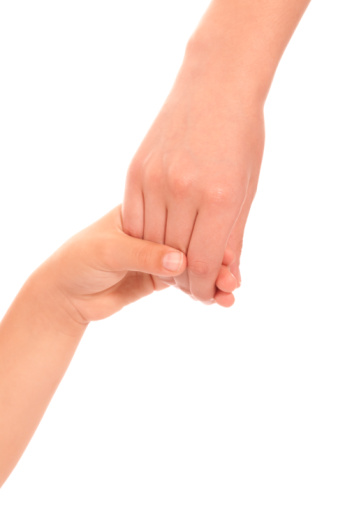Anger and Stress Management Tips for Satisfying Relationships
It’s frustrating when your kids are constantly bickering and you have to be referee.
Choosing one side or the other often makes you feel bad,and guilty later on.
You wish your kids could get on with one another and let you attend to all the other things on your plate. But they don’t!
They are not invested in harmony or collaboration. They want ownership and control over what they feel is ‘right.’
So they fight and argue. They battle till they draw blood. And that’s when you lose it!
One of your children gets hurt, is sobbing uncontrollably and you are now furious at having to take time out to care for the hurt child, chastise the other and somehow bring order to chaos.
Your expectations of peaceful play were shattered and now you have to take charge and undo the mess. Your anger probably comes from being forced to intervene.
So how do you mange this thorny parenting problem of facing sibling rivalry?
Do you punish the child who hurt the sibling and give all the attention to the child who is crying?
Or do you find other things for them to do and ignore what just hapened?
Things you should never do as a parent when you are angry at your kids for fighting
- Never gnore them because that makes them anxious and escalates the conflict.
DO comment on their frustrations and distress, it’s very calming when a parent notices and acknowledges how you feel, which immediately stops the fight. Since you are angry too, it’s a chance for everyone to notice that anger is around, and everyone is angry for a similar reasons.
- Never fight with them , because the parent becomes another child joining the fight adding to the conflict when what they really need is a for their mother to contain and manage their feelings.
DO talk about their need to feel stronger, and ‘better than’ the other, rather than focus on the rights and wrongs of the fight, and who started it. Then you will have taken charge in a way that brings them to attention without bitterness and blame. Your anger will diffuse as your children feel your understanding.
- Never try to compete for control because it’s sending a message that control is something to aspire to and is the go to method of interacting.
DO invite the siblings to share their feelings as mom shares hers about seeing them fight. It gives the kids a model of how to tune into one another and that everyone has similar feelings. The advantage for you is that as you address their feelings, you teach the basics of empathy, showing them that fighting isn’t productive. You make it less likely that this pattern will repeat. Sharing your feelings means you too feel seen and heard and everyone takes equal responsibility for their feelings rather than passing the blame ball around like a hot potato.
4. Never yell at them to stop – You may get momentary relief but the siblings conflict remains unresolved, and it will be revived soon.
DO invite them to tell you and their sibling what they are feeling, needing and wanting without blaming or dissing the other. You benefit because you can also ‘show and tell’ what your needs are and how you feel when they can’t be met. Everyone reduces the anger and you feel like a good mom, rather than an impatient, mean parent.
5. Never reprimand them. It is ineffective because they hear their mom disapproving of them as humans. They get no idea of what they have done wrong and don’t understand why they are being chastised .It can lead to shame based narcissism later in life. You may feel vindicated in the moment, but you will regret it as you see your kids self-esteem falling through the ground.
DO comment on their frustration and distress. It’s immediately calming because you are recognizing, not judging their emotional state. You benefit because you are giving voice to your frustration to. When you make space for your feelings and those of your children, anger is replaced by bonding.
6. Never punish them and then over-compensate when you feel guilty. This strategy is unproductive because it’s all about the mom dealing with her own hot buttons when she punishes them, showing her own desperation – then she fears losing their love and gives in. It teaches the kids that relationships are based on fear, and that evoking guilt is a great way of managing relationships. It does nothing to make them fight less or find new ways of expressing their needs.
DO create mutually agreed rules about ‘fighting’ or dealing with conflict, and praise them when they conform. When you feel you are taking steps to prevent the sibling fights, your anger dissapates. Including the children in making the rules ensures their compliance, and now your children are allies, not nuisances.
copyright, Jeanette Raymond, Ph.D.
You might also like:
How to manage your anger when your kids drive you nuts
Are you covering up the sadness of being a bad parent with anger?
Is envious anger stopping you from connecting wih your kids?
Disclaimer: this article is for informational and educative purposes only. Dr. Raymond is not responsible for any reactions you may have when reading the content or using the suggestions therein. Interacting with this material does not constitute a therapeutic relationship with Dr. Jeanette Raymond



